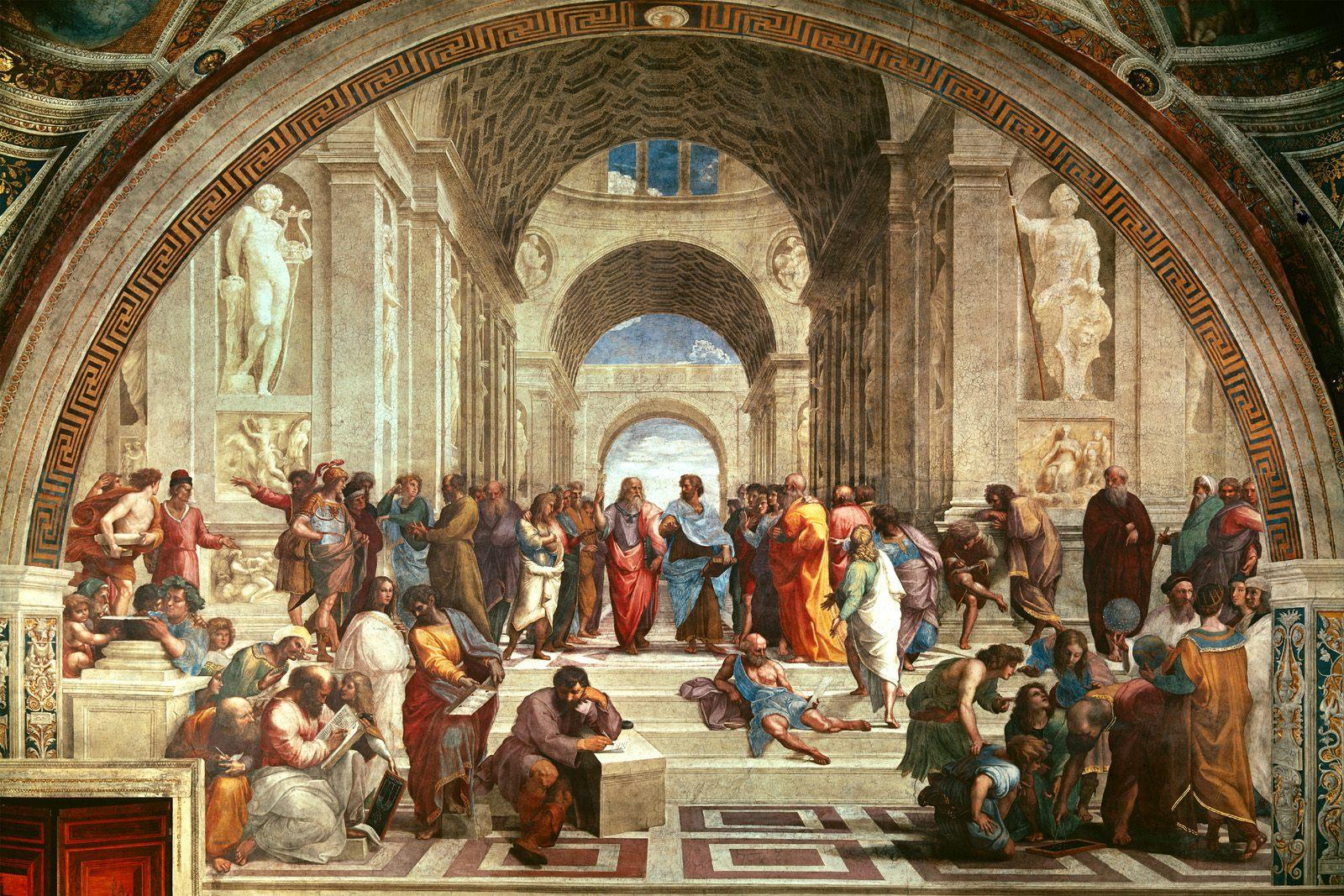On February 15, 399 BC, the great philosopher Socrates found himself at the mercy of the Athenian court. The charges levied against him were impiety and corruption of the youth. These charges stemmed mainly from his teachings, of which a significant portion delved into the topic of the Athenian pantheon. During these lessons, he would often question both the legitimacy and authority of the gods, imploring his students to question them as well.
Standing before the court, Socrates watched as his three accusers, Meletus, Anytus, and Lycon, spent the first 3 hours arguing his guilt in front of a jury that likely consisted of 501 of his fellow Athenians, drawn by lottery. For his defense, Socrates rebuked his accusers as illogical rhetoricians. Meletus, his main accuser, bore the brunt of this during cross-examination. Against the claim that he was an Atheist, Socrates questioned the flustered Meletus as to how he could both be a believer in demigods and spirits and also be an Atheist, revealing the contradictory nature of his statement to the court.
After three hours, Socrates’ finished his impassioned defense. And the jury would go on to deliver their verdict. By about only 30 votes, he had been found guilty. For his sentencing, Socrates proposed that he be rewarded with free board and lodging for perpetuity, a joke the jury found in poor taste and shot down out of hand. His second proposal was a menial fine of 100 drachmae. His prosecutors, however, proposed his death as sufficient punishment, and the jury agreed.
Despite the urging of his friends and colleagues to flee the city, Socrates remained in Athens. And thirty days after his sentencing, he stayed true to his teachings of civil obedience and drank hemlock from the executioner’s chalice.

